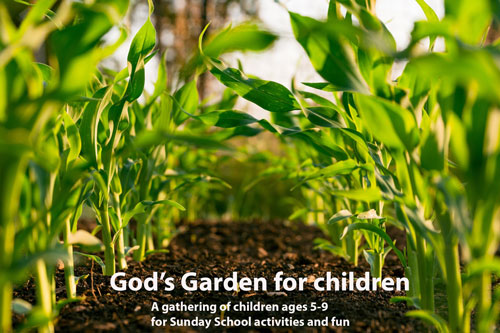From Presbyterian Outlook for Proper 19
In 2013, the novelist Ann Patchett toured a homeless mission in Nashville, Tennessee, with Father Charlie Stroble. Patchett’s essay, “The Worthless Servant,” describes how Stroble’s ministry to the unhoused began after he, as a young priest, answered a knock on his rectory’s door — one of a dozen men sheltering in the church’s parking lot, looking for something to eat. Stroble, recognizing that the temperature would drop below freezing that night, invited all the men inside.
Stroble knew the consequences of his decision. Once he let the men in, they’d keep coming back. “I didn’t think too long about it,” he told Patchett, “probably because I knew I would talk myself out of it.”
Forgiveness is a recurring theme in the lectionary texts for Sunday, September 17. Joseph forgives his brothers who sold him into slavery in Egypt (Genesis 50:19). Paul writes that we are not to pass judgment on our brother or sister (Romans 14:10). Jesus instructs Peter to forgive “seventy-seven times” (Matthew 18:22). And Psalm 103 is the exuberant song of one who has been forgiven.
Reading Psalm 103 was a balm to my soul this week. I don’t know about you, but humanity, as a whole, has got me down. The overwhelming societal problems our greed has caused; the ways we have desecrated the earth; all the recent news about rolling back civil rights, banning books and white-washing history. We are a lot for God to put up with.

